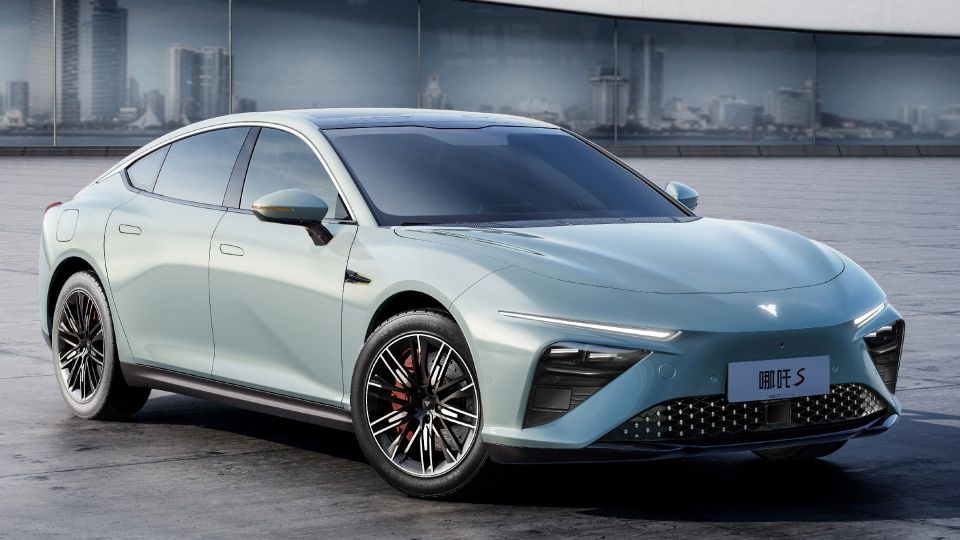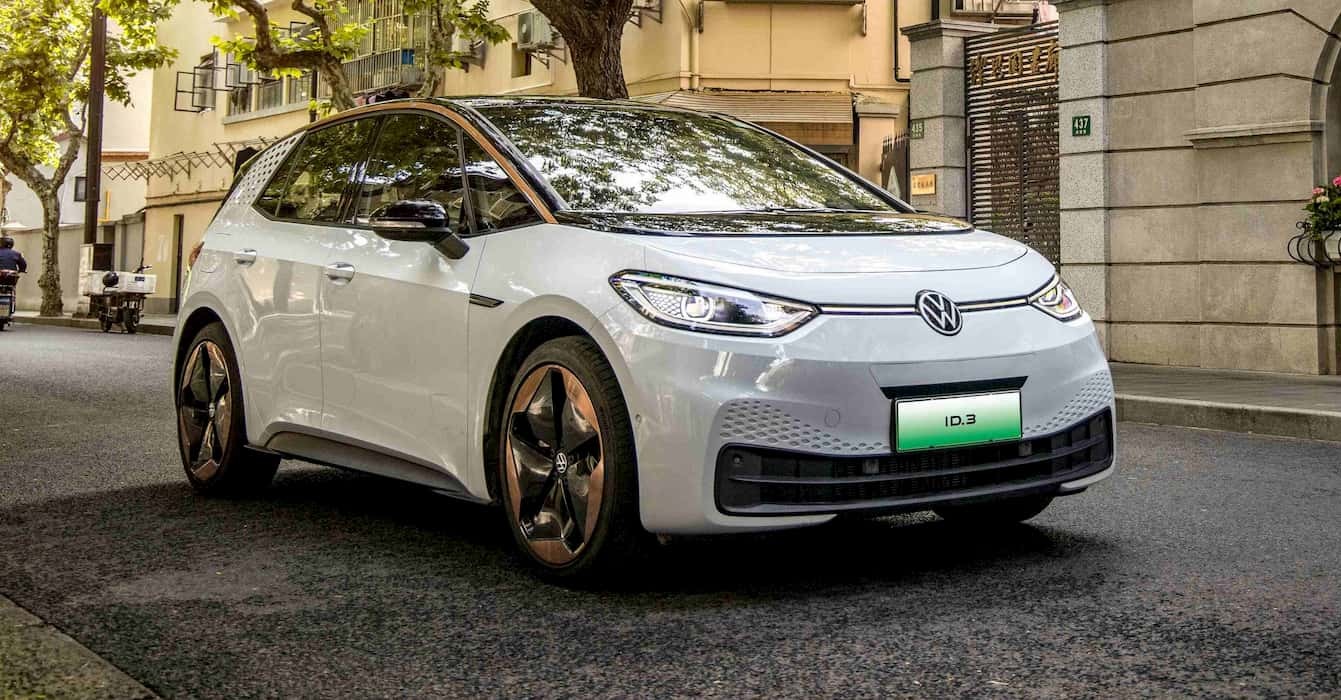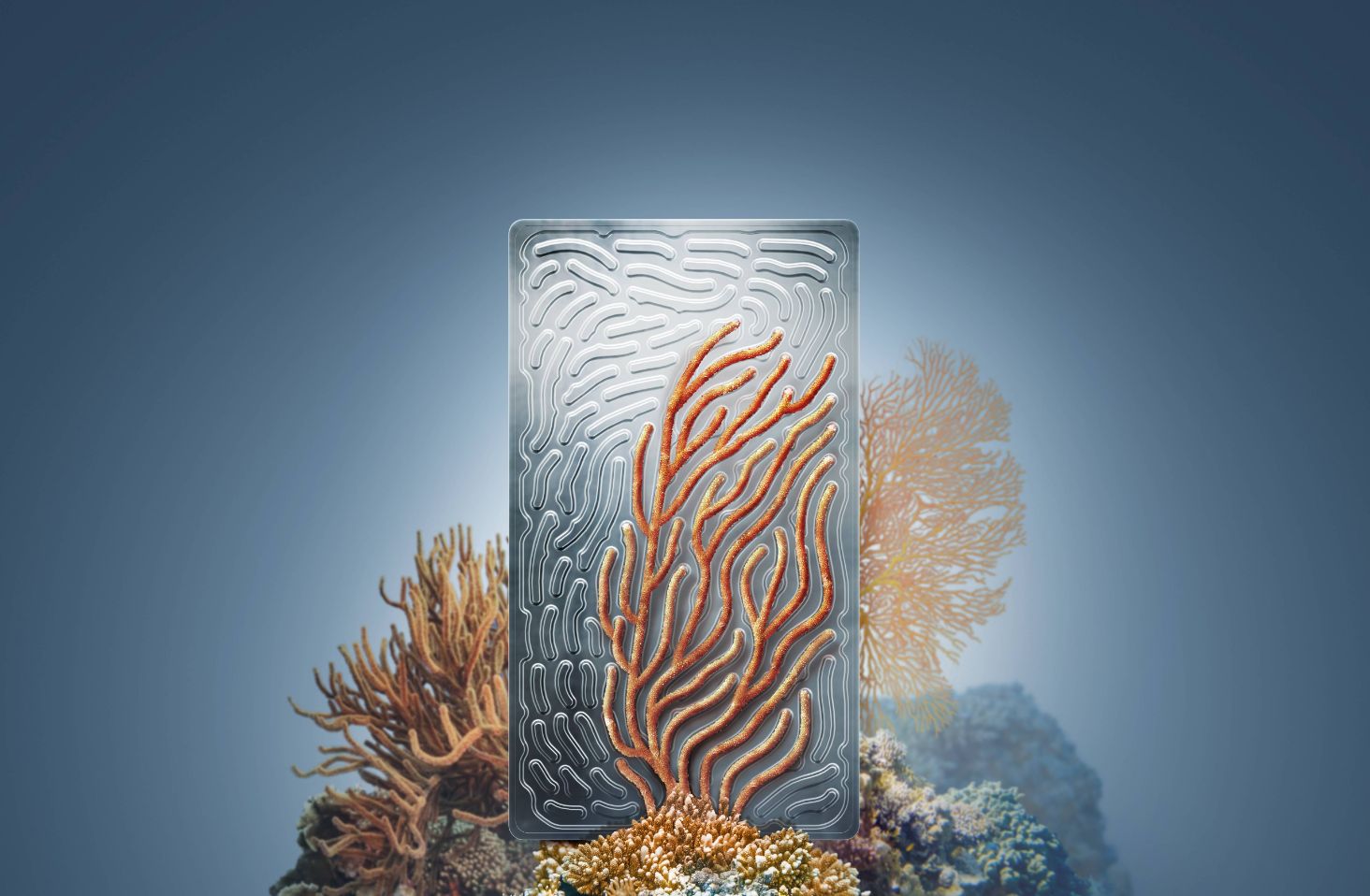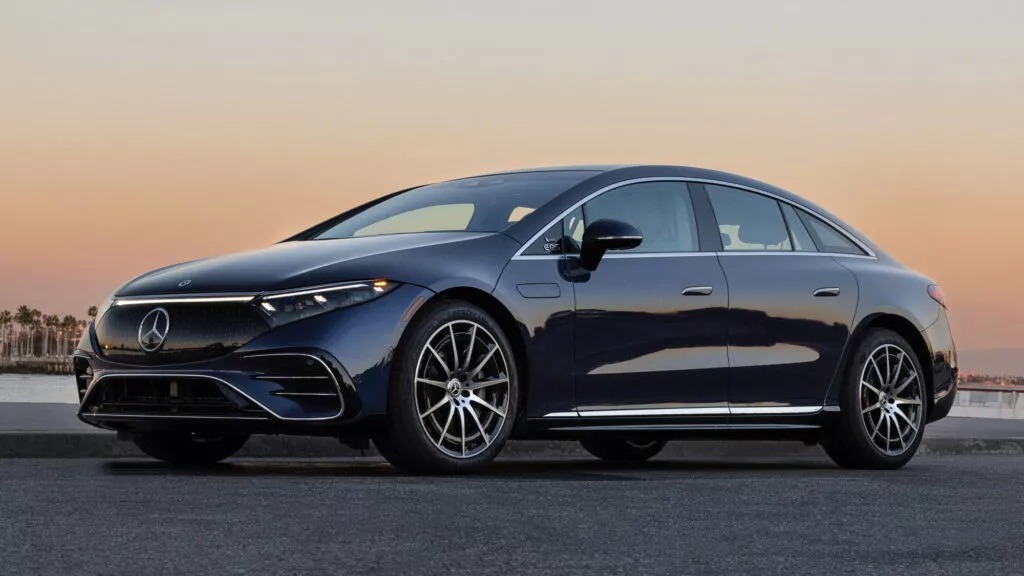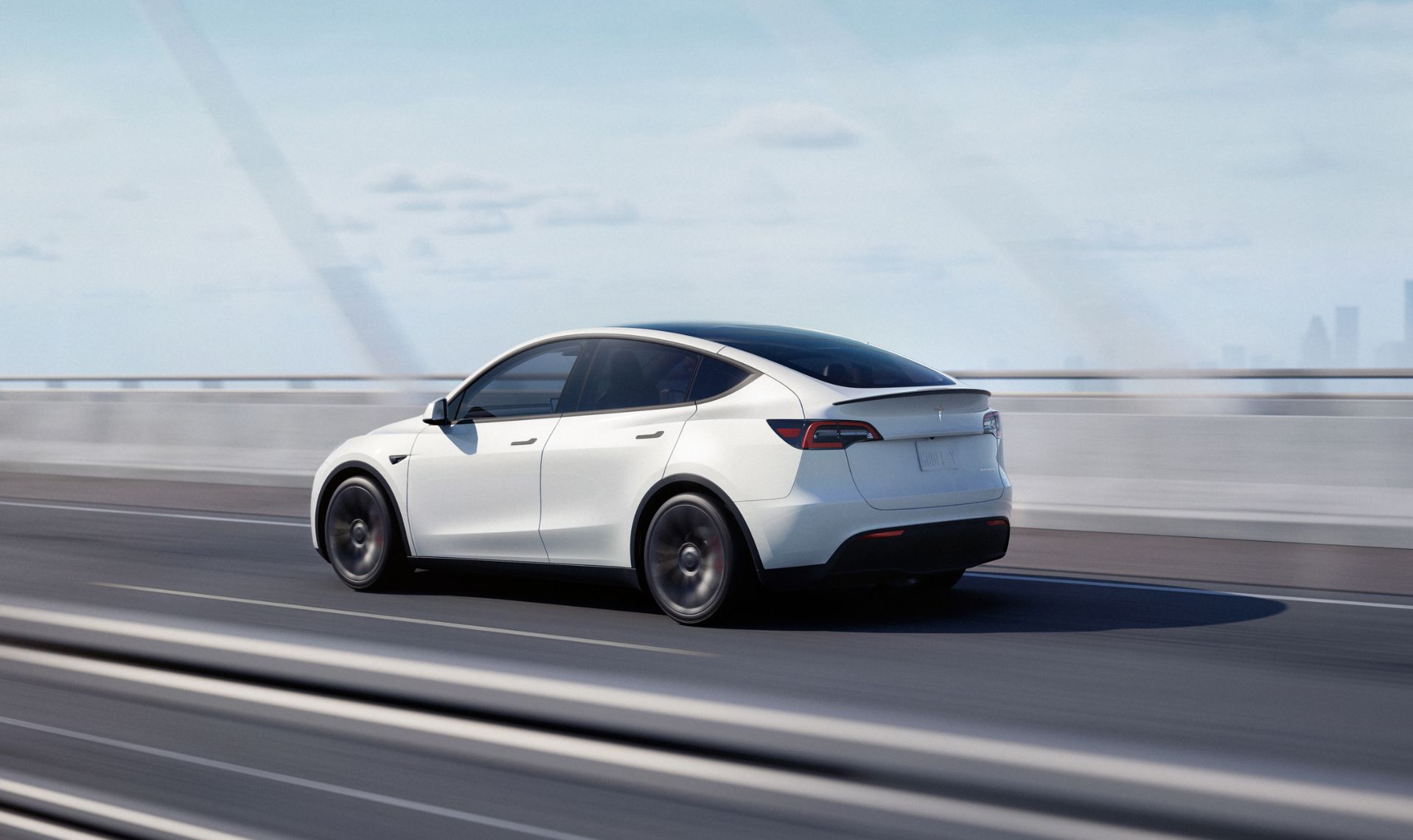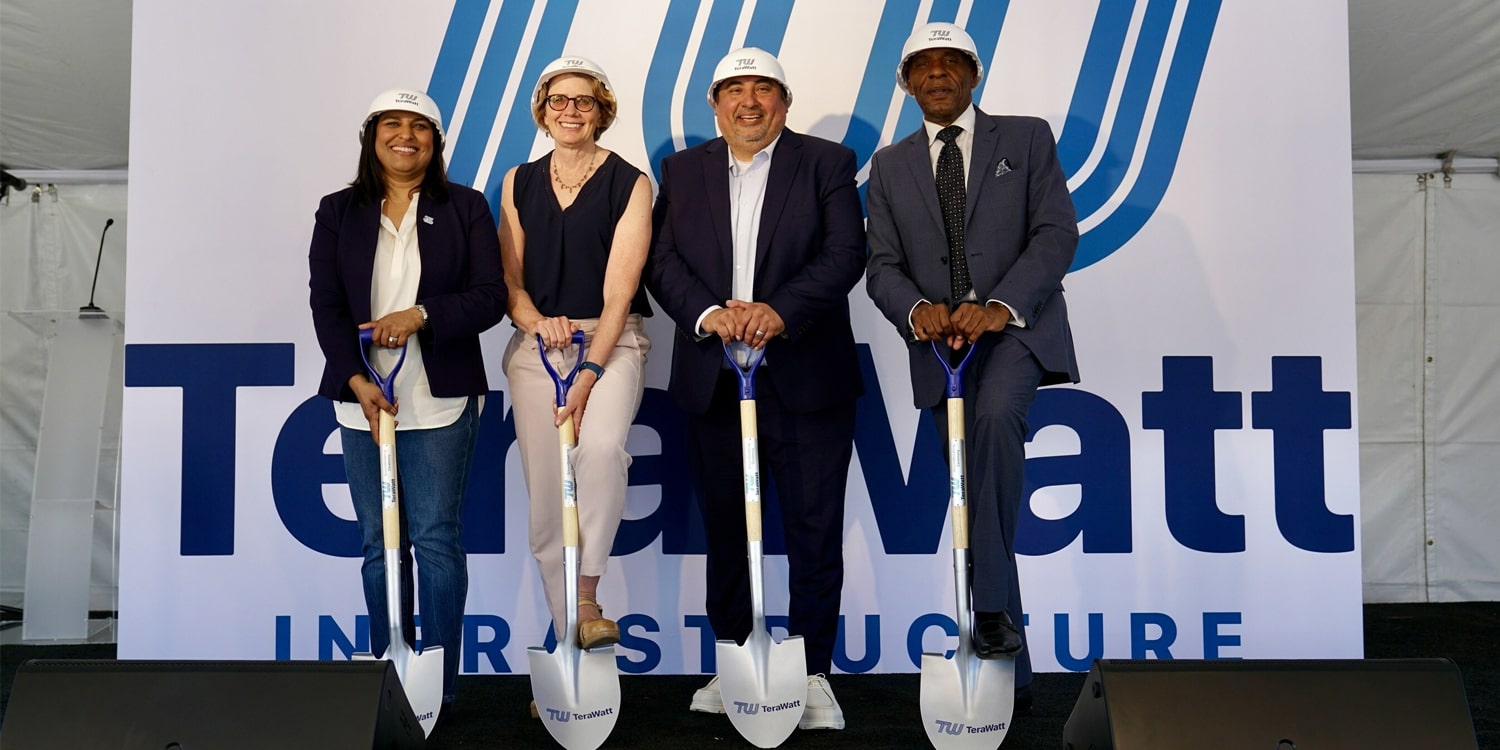In a bid to bolster its emerging electric vehicle (EV) industry, Indonesia has granted automakers an additional two years to meet the criteria for electric vehicle incentives. This announcement was made during the Jakarta auto show and was swiftly followed by investment commitments from China’s Neta EV brand and Mitsubishi Motors, signifying growing interest in the region’s automotive market.
Under the revised regulations unveiled on Thursday, automakers now have until 2026 to ensure that at least 40% of the content of their EVs is produced domestically in Indonesia, in order to qualify for incentives. This deadline extension comes in response to the initial target and aims to facilitate the establishment of local battery production facilities.
Indonesia, known as Southeast Asia’s largest auto market, has been vying with Thailand and India to establish a foothold in the rapidly evolving EV sector as a counterbalance to China’s dominance in global EV production.
“The relaxation of the local content requirement is intended to attract investors,” explained Agus Gumiwang Kartasasmita, Indonesia’s industry minister, during a press interaction at the Jakarta auto show.
While Toyota, Daihatsu, and Honda collectively contribute to about two-thirds of the country’s auto sales, their transition to EVs has been measured. The Indonesian government has set an ambitious goal of manufacturing around 600,000 EVs by 2030, a significant leap from the modest number of EVs sold in the first half of 2023.
To encourage investments in the EV sector, Indonesia had previously announced plans to eliminate import duties for EV manufacturers who commit to investments. This was seen as a strategy to attract prominent Chinese EV makers and potentially even Tesla, a company that the Indonesian government has been keen to court.
Agus emphasized, “We are extending incentives to all global carmakers, without any favoritism towards specific brands.”
According to the industry ministry, Mitsubishi Motors has pledged approximately $375 million for expanding production, including the production of the Minicab-MiEV electric car, which is set to commence in December. Neta, a subsidiary of China’s Hozon New Energy Automobile, has already begun accepting orders for its Neta V EV and is gearing up for local production in 2024.
Up until now, only two manufacturers have shifted enough production to Indonesia to qualify for full incentives: Wuling Motors and Hyundai. These companies lead the market in EV sales, with Wuling offering the most affordable EV option in a market where cost remains a hurdle to widespread adoption. Reports suggest that Wuling is planning to introduce a more budget-friendly version of the Air EV, with a starting price of approximately $13,200.
While Toyota showcased domestically produced hybrid vehicles at the Gaikindo Indonesia International Auto Show, the company has not yet committed to local EV production. Hiroyuki Ueda, president of Toyota-Astra Motor, a joint venture between Toyota and Indonesian conglomerate PT Astra International, stated, “We do not have a definitive plan at this point.”

